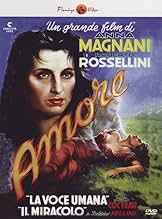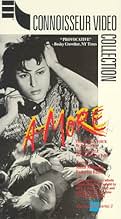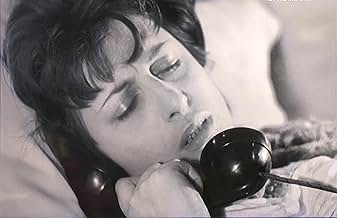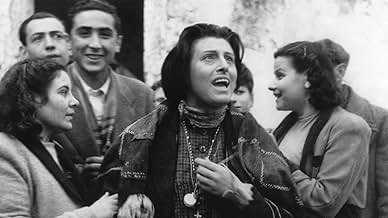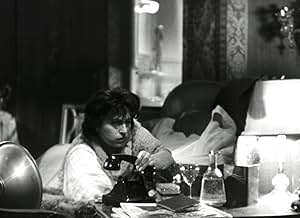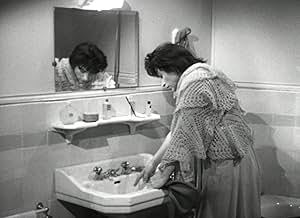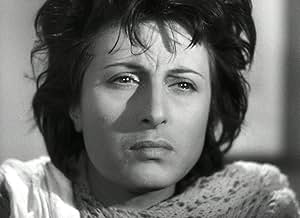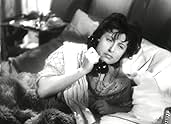Due storie tragiche e misteriose, la prima è su una donna con il cuore spezzato che parla al suo ex amante al telefono. La seconda, ci racconta su una donna incinta che crede di avere in bra... Leggi tuttoDue storie tragiche e misteriose, la prima è su una donna con il cuore spezzato che parla al suo ex amante al telefono. La seconda, ci racconta su una donna incinta che crede di avere in braccio il figlio di San Giuseppe.Due storie tragiche e misteriose, la prima è su una donna con il cuore spezzato che parla al suo ex amante al telefono. La seconda, ci racconta su una donna incinta che crede di avere in braccio il figlio di San Giuseppe.
- Regia
- Sceneggiatura
- Star
- Premi
- 2 vittorie e 2 candidature totali
- Il vagabondo (segment "Il miracolo")
- (non citato nei titoli originali)
- Il monaco (segment "Il miracolo")
- (non citato nei titoli originali)
- L'insegnante (segment "Il miracolo")
- (non citato nei titoli originali)
Recensioni in evidenza
In the second part she is the deluded peasant seduced, and made pregnant, by none other than Federico Fellini , (who co-wrote the script with Rossellini and Tullio Pinelli). Magnani believes her seducer to be St Jospeh and the baby she is carrying to be some sort of new Messiah, (it was this that so offended the powers that be). Again she is magnificent, (Rossellini dedicated the film 'to the art of Anna Magnani"), in a role totally different from the part she plays in "The Human Voice". It is easy to see how this second part could be released separately from the first, (they are very different in tone), and this small masterpiece is as great a 'short' film as the cinema has given us. Nevertheless, seeing both parts together is testament to the genius of both director and star. Essential.
Lo sapevi?
- QuizWhen, in 1952, the "Il Miracolo" segment of the film was released in the United States as "The Miracle", it was the subject of a legal battle in which the Supreme Court ruled for the first time that motion pictures, like books and newspapers, were protected under the First Amendment to the Constitution.
- Citazioni
La donna al telefono (segment "Una voce umana"): What? My black satin dress. Yes, I'm still wearing it. No, I didn't smoke. Just three cigarettes. I swear
- ConnessioniEdited into Histoire(s) du cinéma: Une histoire seule (1989)
I più visti
- How long is Love?Powered by Alexa
Dettagli
- Tempo di esecuzione
- 1h 9min(69 min)
- Colore
- Proporzioni
- 1.37 : 1

